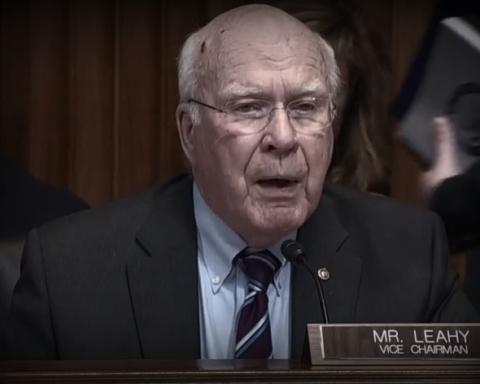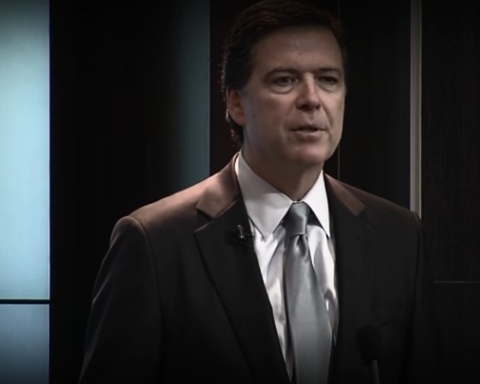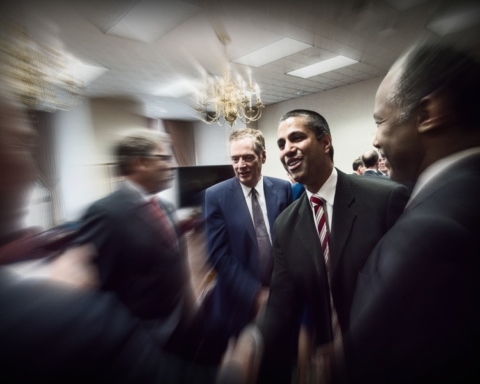As the Department of Homeland Security weighs adding new federal cyber security protection to election systems across the country, the FBI is revealing it may be too late for some voters.
The bureau sent an alert this month to state officials, warning them to examine their systems for malicious actors, following the hack of two State Board of Elections databases.
FBI sources informed Yahoo News that voter databases in Illinois and Arizona had been compromised by hackers who are believed to be foreign.
According to the Illinois Board of Election general counsel, the state had to shut down its voter registration systems for ten days after the hackers stole the personal data of nearly 200,000 voters. Officials say a similar attempt was made against the Arizona systems, but no data was exfiltrated.
In its bulletin to the states, the FBI called on local officials to keep an eye on eight separate IP addresses that are believed to be associated with the attacks, including one that was used in both cyber intrusions.
“The FBI is requesting that states contact their Board of Elections and determine if any similar activity to their logs, both inbound and outbound, has been detected,” the FBI memo stated.
It added that “attempts should not be made to touch or ping the IP addresses directly.”
News of the attack comes amid heightened anxiety that foreign hackers—particularly Russians—are trying to influence US elections. FBI agents did not confirm the origin of malicious actors in this latest breach. They did say they are investigating possible links with cyber-ops against the Democratic National Committee, which resulted in the release of thousands of internal party emails in July.
“This is a wake-up call for other states to look at their systems,” Tom Hicks, the chairman of the federal Election Assistance Commission, told Yahoo. The commission was set up to ensure election integrity after the 2000 debacle in Florida.
Earlier this month, Homeland Security chief Jeh Johnson announced the department was “actively thinking about cyber security,” including classifying election systems as “critical infrastructure.”
Such a designation would afford election machines across the country new federal cybersecurity protections and investments.
Johnson noted, however, that the localized nature of voting in the US complicates those efforts, since each locality has their own method for recording and counting the votes.
In a conference call with state election officials, Johnson did inform them of basic cyber security hygiene practices, including the disconnection of electronic voting machines from the internet while ballots are being cast.








